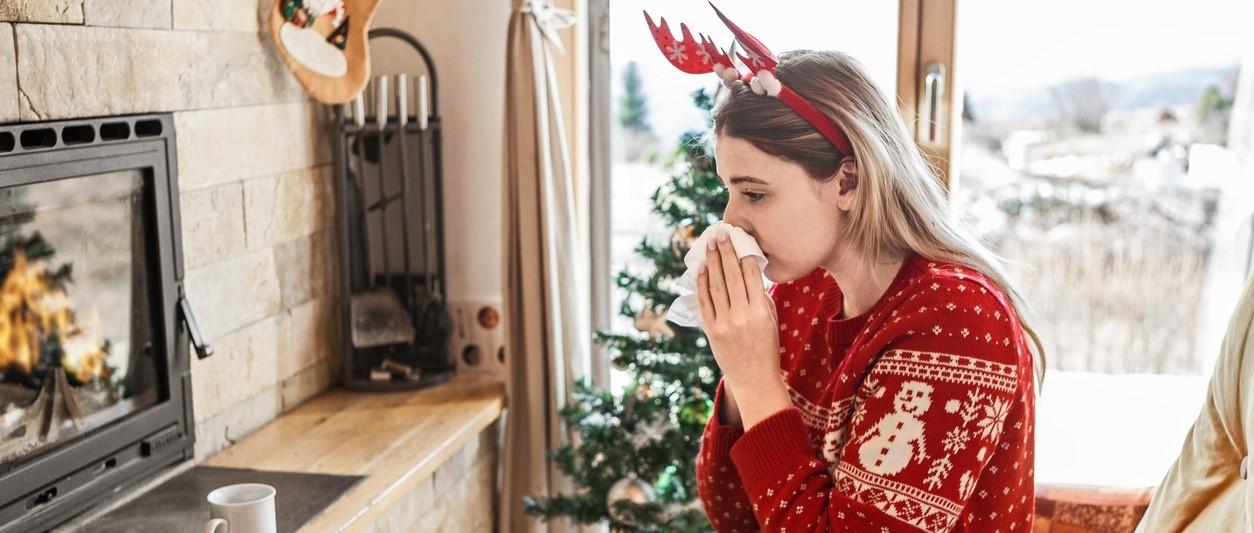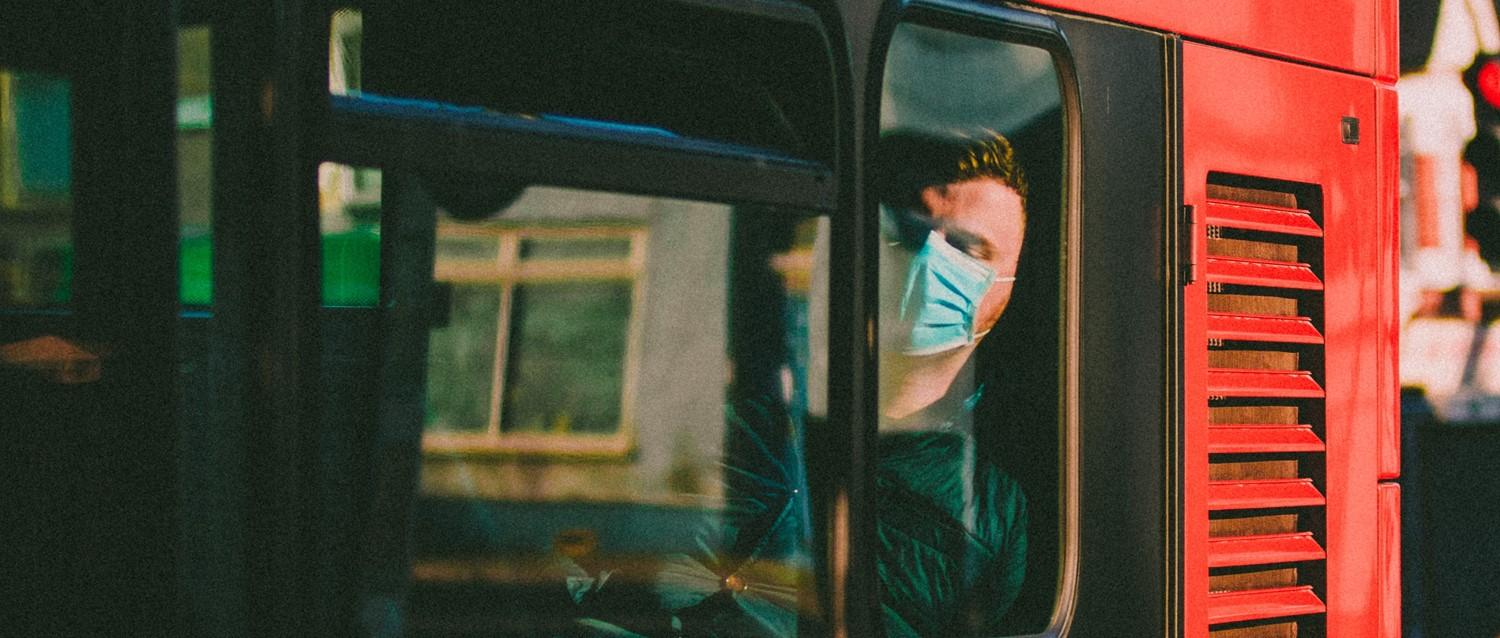
How to contribute to COVID-19 research
Peer reviewed by Dr Sarah Jarvis MBE, FRCGPLast updated by Allie AndersonLast updated 13 Oct 2020
Meets Patient’s editorial guidelines
- DownloadDownload
- Share
- Language
- Discussion
COVID-19 has been such a large part of our lives for so long that it's easy to forget it's a very new virus, and there is still a great deal to learn about it. To do that, the science community relies on members of the public - those who have had coronavirus and those who haven't - to sign up as research volunteers.
In this article:
Nottingham GP Dr Simon Royal has been involved in organising and leading health trials and studies for many years. As well as leading clinical research at his own practice, he works for the NHS's research arm, the National Institute for Health Research (NIHR).
"With the events of this year, good-quality NHS research has become a lot more topical and relevant," Dr Royal says. "People can clearly see the importance of designing and performing strong research that gives you the answers you need. They are also realising that in order to get those answers, we need people to volunteer to take part."
There are many different ways to contribute to COVID-19 research, all of which could ultimately help to save lives.
Continue reading below
COVID-19 vaccine trials
Volunteers still needed!
We now have positive results from both the BioNTech/Pfizer and Moderna vaccine trials, which have shown that the vaccine reduces the risk of being diagnosed with COVID-19 by 90% and 94% respectively.
In addition, the Astra Zeneca vaccine showed about 70% protection against COVID-19 infection from three weeks after the first vaccination. Importantly, it also provided 100% protection against hospitalisation and death from two weeks after vaccination. The Astra Zeneca and Pfizer/BioNTech vaccines are now being rolled out to the most vulnerable patients across the UK.
But to ensure that we have vaccines which provide protection to the widest possible range of the population, research into other vaccines needs to continue. Please join the over 320,000 people in the UK who have already signed up to be contacted about taking part in COVID-19 vaccine research.
Since the very early days of the global pandemic, scientists around the world have been scrambling to come up with a coronavirus vaccine. This research has been well publicised, not only to reassure the public that rigorous work is underway to try to halt the spread of the virus, but also to encourage the swathes of people needed to register for vaccine trials, in order to find the best vaccine as quickly as possible.
Who do the researchers most need?
In short, the more people who sign up the better and the researchers welcome adults of pretty much all ages. But there are people from certain groups they're particularly keen to represent. These are:
Over-65s.
People of BAME origin.
Frontline health and social care workers.
If you fall into one of these groups, or know others who do, please spread the word.
Oxford Vaccine Trial
One of the most promising studies has been the COVID-19 Oxford Vaccine Trial. Taking place at a number of sites across the UK and in the USA, Brazil and South Africa, it aims to find a safe vaccine that can be used to create immune responses against the virus, and therefore prevent the disease. Scientists at the University of Oxford started working on this research back in January, and the first volunteers were immunised in April.
In any study of this type, all participants are closely monitored and followed up regularly. Trials can last for several months or even years, so it's entirely normal for volunteers to fall ill by chance in that time - just as they might if they weren't involved in a research trial at all.
"It's really important that all illnesses are carefully assessed, and this takes time," explains Dr Royal. "It is usual for clinical trials to be paused while investigations are completed to the satisfaction of the independent safety authorities. When this happens, it should not be concluded that the trial or the medicinal product is unsafe. On the contrary, it demonstrates that all the safeguards are working, and that the safety of participants is paramount."
So, when one volunteer in the Oxford trial became ill and the study was paused, researchers described this as a "routine action", and one that shouldn't cause alarm. A thorough investigation was undertaken by the Medicines and Healthcare products Regulatory Agency (MHRA), the UK authority that oversees all clinical trials of medicines and vaccines. The trial was deemed safe to continue just four days later.
Editor’s note
Dr Sarah Jarvis, 17th November 2020
Janssen vaccine trial
On 16th November 2020, a new Phase 3 trial was launched in the UK as part of the National Institute for Health Research trials programme.
The vaccine has been developed by Janssen and works in a similar way to the Oxford vaccine. The trial will involve 6,000 volunteers from the UK and 30,000 worldwide.
If you're interested in being involved, you can sign up through the National Institute for Health Research.
More trials
Meanwhile, at the time of writing, one other vaccine trial is ongoing and recruiting volunteers. The Novavax vaccine uses a tiny part of the wall of the virus - a spike protein - combined with an adjuvant (a substance that helps boost the immune response).
Dr Royal is quick to highlight that participants' safety remains a top priority, and urges people to continue to come forward. "All the NIHR vaccine and coronavirus research is meticulously organised, well planned and properly regulated," he says. "People who take part can be confident that these trials have been through stringent ethics and safety approval."
Dr Sarah Jarvis, Clinical Director of Patient.info, has already signed up for this trial. "I'm delighted to be helping with such important research," she says. "It's a completely different way of doing my bit compared to working as a GP or giving health advice in the media - but every bit as important."
You can express your interest in helping out with one of the ongoing approved vaccine trials through the NIHR website, where you can find more information and register your details.
Convalescent plasma treatment trials
Editor’s note
Dr Sarah Jarvis, 18th January 2021
Convalescent plasma trial stopped after no benefit
The RECOVERY trial is examining a range of treatments for COVID-19. As part of this, researchers in 2020 looked into the possible benefits of giving convalescent plasma to COVID-19 patients admitted to hospital. The trial involved collecting blood from people who have recovered from coronavirus, and extracting parts of the blood (plasma) to donate to patients who are still unwell. The theory was that the antibodies in the donated plasma would aid the recovery of sick patients.
Unfortunately, results have shown no benefit from this treatment, so on 15th January 2021, the data monitoring committee of the trial stopped recruiting patients into the trial. No more patients will be given convalescent plasma for COVID-19.
Continue reading below
Tracking your symptoms
Elsewhere, you can join millions of people who have downloaded the COVID Symptom Study app to track and report their health and any symptoms they experience every day, even if they are well. This information is collected and analysed by researchers at King's College London, so it can contribute to wider understanding of the virus and its range of symptoms.
Inclusive research
A further aim of this study is to give insight into the way COVID-19 risk factors vary between people with different characteristics, like those from Black, Asian, and Minority Ethnic (BAME) communities.
"It's vitally important that we get every demographic represented in research, because a lot of illnesses affect different groups unequally," explains Dr Royal. "COVID-19 is one example of a condition that disproportionately affects BAME people, so we need to try to make sure those communities are properly represented and not neglected."
Doing that sometimes relies on adapting the ways researchers and doctors recruit volunteers. For example, they can provide information in different languages and formats to reach as many patient cohorts as possible. There is also a dedicated BAME section on the NIHR coronavirus research website - with videos in Bengali, Hindi, Punjabi, Gujarati and Urdu, as well as English - to guide people from BAME backgrounds through the importance of research and what they can do to help.
Symptom Surveillance Survey
If you are 16 or over and have or have had symptoms of coronavirus, you can also contribute to Patient's Symptom Surveillance Survey. The research is in collaboration with the University of Oxford and the Royal College of General Practitioners to find out more about the impact of COVID-19. The survey now asks more questions about how COVID-19 has impacted your life so even if you've completed it before, you can do so again and contribute even more detail.
An opportunity to help save lives
At the time of writing, the NIHR listed 136 NHS-approved COVID-19 research studies that were recruiting volunteers, so there are still lots of ways you can contribute.
"I would wholeheartedly encourage people who are interested in coronavirus research to visit the website to register their interest," says Dr Royal. "You're not committing yourself to doing anything, but simply agreeing to be notified of any studies that may be relevant to you."
Any information you share about yourself is treated in strictest confidence in accordance with data protection legislation, he adds.
Most importantly, the organisations and researchers leading and carrying out coronavirus research are completely independent and non-partisan. "There is, of course, political pressure to get answers as quickly as possible," Dr Royal comments. "But in the research community we must resist that and continue to do what's best for the population as a whole."
This article was updated on 17th November 2020 following positive results from two COVID-19 Phase 3 vaccine studies and the launch of a new vaccine trial.
Patient picks for General information

COVID-19
Is it COVID-19 or flu this winter?
Cases of flu and COVID-19 are both on the rise this winter, so how can you tell the difference between these viruses? Knowing which illness you're dealing with can help you to protect others and may help you get better quicker.
by Lawrence Higgins

COVID-19
How to reduce your risk of coronavirus on public transport
As lockdown restrictions continue to be eased across the country, more and more people are using public transport again. But for many this is an anxious experience, especially after so many months of avoiding tubes, trains and buses.
by Andrea Downey
Continue reading below
Article history
The information on this page is peer reviewed by qualified clinicians.
13 Oct 2020 | Latest version

Ask, share, connect.
Browse discussions, ask questions, and share experiences across hundreds of health topics.

Feeling unwell?
Assess your symptoms online for free
Sign up to the Patient newsletter
Your weekly dose of clear, trustworthy health advice - written to help you feel informed, confident and in control.
By subscribing you accept our Privacy Policy. You can unsubscribe at any time. We never sell your data.